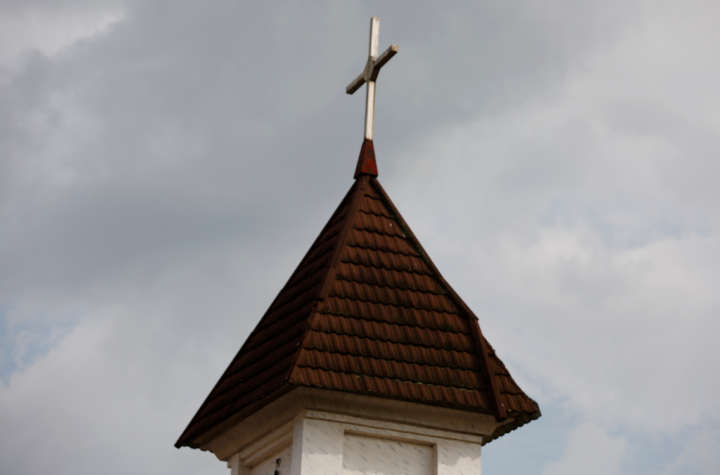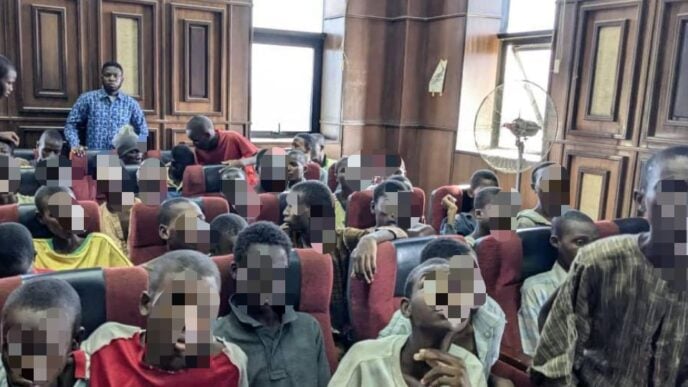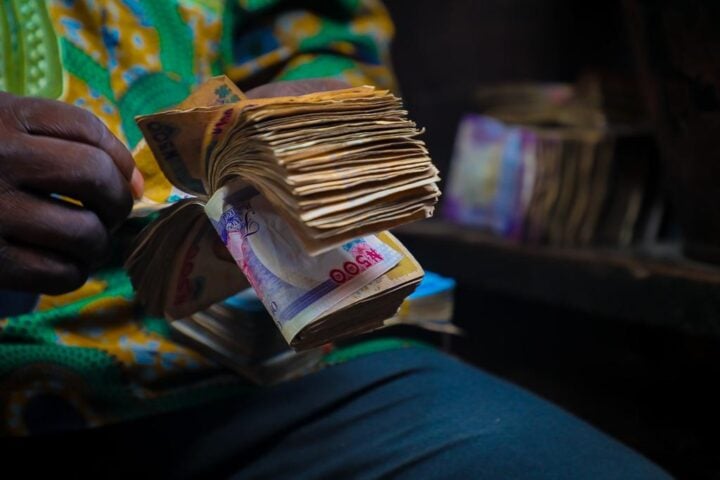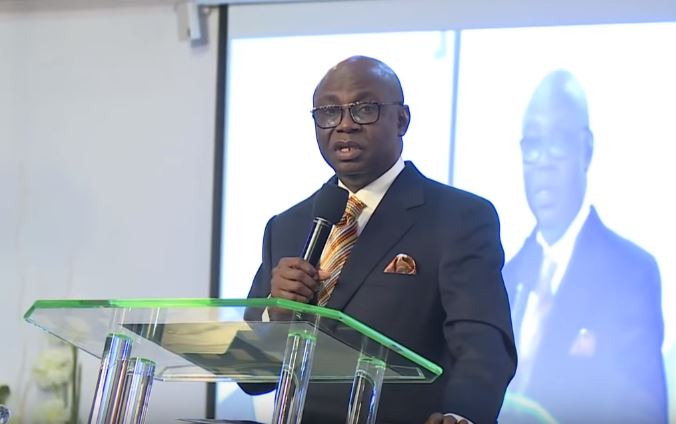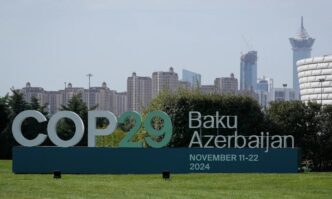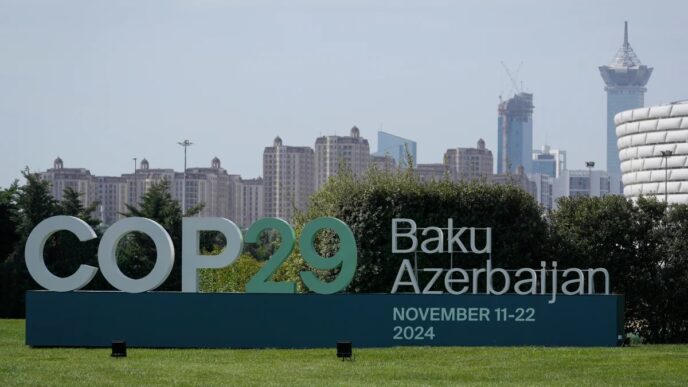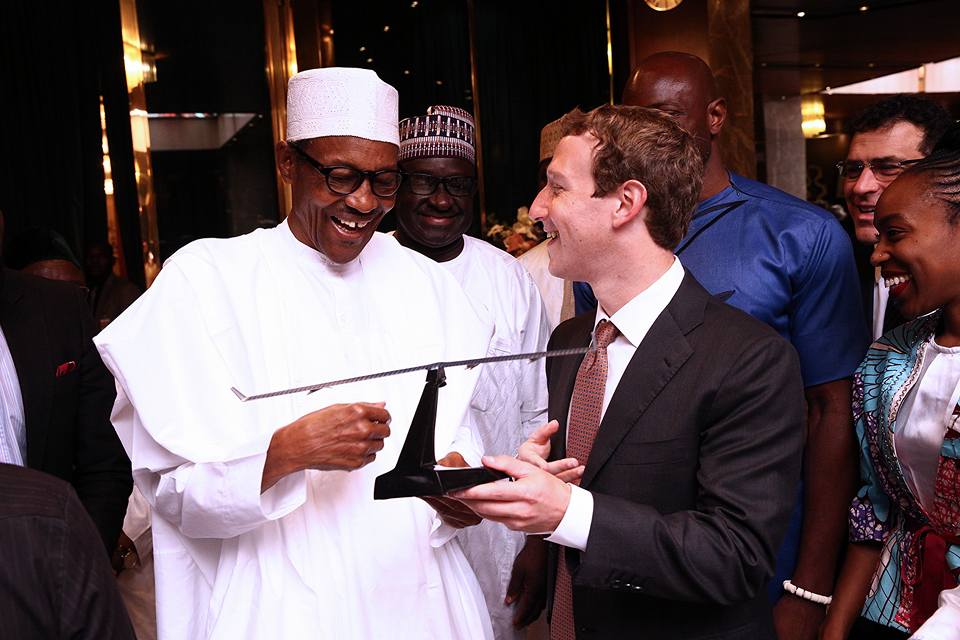BY WALE AMEEN
In Nigeria, prayer and faith are two things that are deeply woven into the cultural fabric, with religion often serving as a source of solace, unity, and escapism. Unfortunately, the tendency for Nigerians to “outsource” complex, man-made problems to God has created a pattern of relying on prayer alone as a solution to issues that demand practical, actionable steps. Prayer and spending so much time in the church have turned into more of a ritual and an easy escape route from taking responsibility for actions.
Social media was abuzz recently when former presidential aspirant Peter Obi, during a podcast, suggested that Nigerians need to focus less on church vigils and more on productivity, transforming time spent praying for change into time spent working for it. His perspective, although controversial, highlights the need to rethink the balance between faith and action.
One of the most pressing issues is that religion has become a convenient escape from responsibility, especially for leaders and the elite. Instead of addressing corruption, economic stagnation, and deteriorating infrastructure through policy changes and accountability, leaders often urge citizens to pray for a “miracle”. When tragedy strikes or the economy nosedives, officials are quick to ask citizens to “pray for the nation” rather than tackling the underlying causes. By placing these burdens solely on God, leaders avoid taking ownership of the challenges at hand, while citizens are encouraged to accept this stance rather than hold their leaders accountable.
Advertisement
This over-reliance on divine intervention permeates Nigerian everyday life, resulting in a population that feels powerless to enact change. As Ndubuisi Ekekwe argued in the article titled, ‘Nigeria Is Not Praying Enough! We Need Kinetic Prayer’, Nigeria doesn’t need more prayer sessions—it needs more of “kinetic prayer,” or active, engaged prayer that combines faith with initiative and civic responsibility. Spirituality, instead of being a passive activity, should inspire action, foster resilience, and encourage Nigerians to take tangible steps toward solving societal issues. By applying this mindset, prayer becomes a means of empowerment rather than escapism.
Moreover, this habit of outsourcing responsibility can hinder personal growth and accountability at an individual level. Many Nigerians routinely pray for job opportunities, success in business, and financial breakthroughs, yet there is often little focus on skill development, career planning, or financial literacy. Faith in God is essential to many, but it must go hand-in-hand with a commitment to personal development, education, and discipline.
As Peter Obi suggested, turning “vigils into night shifts” would enable people to transform their goals into concrete achievements, leading to lasting progress instead of waiting passively for divine intervention.
Advertisement
This perspective does not negate the importance of faith or undermine the role of spirituality in Nigerian society. Not at all; rather, it calls for a cultural shift in how Nigerians apply faith in their daily lives and society. Consider the progress that could be achieved if the energy invested in spiritual practices, which usually are just religious activities lacking the very depth of spiritualism, were complemented by an equal, if not greater, commitment to practical work and accountability. Successful countries balance spirituality with action, recognising that while faith is a guiding force, human effort is essential for societal progress.
In education, for example, prayer for improved school systems should be accompanied by efforts to ensure funding, implement reforms, and enhance teacher training. In healthcare, rather than only praying for healing, efforts could focus on holding the government accountable for quality healthcare infrastructure. Faith should inspire Nigerians to fight for a better society and uphold standards that promote justice, fairness, and progress.
Nigerians must begin to take responsibility for the part God himself has delegated to them. Many who spend hours holding vigils are the first to turn up false weights in the marketplace, fill the wrong resumption time on the attendance sheet, cook the books, and jump the queue at the bus stop. Also, when it matters most, they sit back at home on election day, leaving the matter of who governs them next in the hands of charlatans who are used by selfish politicians to tilt results in their favour. They then turn to prayers when these same leaders they have allowed in begin to formulate policies not in the interest of the majority.
Ultimately, “outsourcing” challenges to God without personal responsibility delays progress. Faith without works is dead. Nigerians can honour their faith while understanding that lasting change requires both prayer and purposeful action. Prayer will not take the place of personal responsibility. And God will not do just what he has given man the capacity to do.
Advertisement
In place of a passive hope for miracles, Nigeria needs active engagement, holding leaders accountable, making individual efforts toward self-improvement, and building a society where faith and work are mutually reinforcing. This cultural shift could usher in a Nigeria where faith supports action, hope fuels resilience, and every prayer serves as a call to meaningful, tangible change.
Wale Ameen, an IT enthusiast, entrepreneur and author, can be contacted via [email protected]
Views expressed by contributors are strictly personal and not of TheCable.
Add a comment
